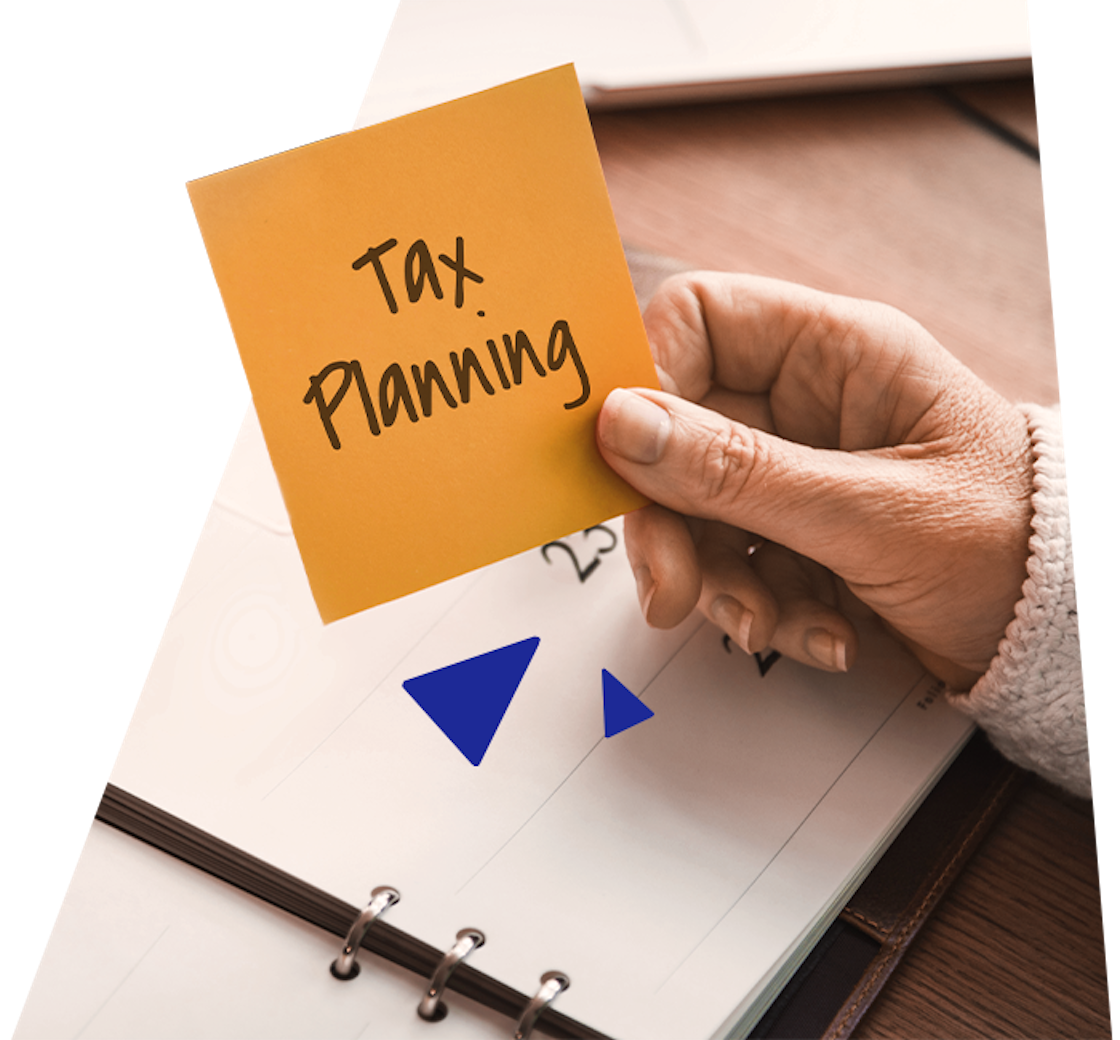
From new year to year-end – is tax planning on your to-do list?
As 2025 begins, proactive tax planning is key for self-employed professionals ahead of the April 5 year-end. While there’s no Spring Budget, important updates and opportunities remain. In this blog, we’ll cover key tax planning strategies, important updates, and how you can make the most of available opportunities.

As a self-employed professional, staying on top of tax planning is critical, especially as we move into a new year. The start of 2025 presents a perfect opportunity to get ahead of your tax year-end planning before deadlines approach.
The tax year-end (Saturday, 5 April 2025) may feel like a distant date, but proactive planning now can save you money and hassle later. While there’s no Spring Budget this year, following last October’s significant Autumn Budget, there are still several important updates and opportunities to consider:
Key areas to review before 5 April
1. Pension contributions
What’s new?
The Autumn Budget introduced significant changes, bringing pensions into the scope of inheritance tax (IHT) from 2027/28.
What does this mean for you?
Pensions remain a tax-efficient way to save for retirement, but they may no longer be the most effective estate-planning tool for higher-net-worth individuals. If you’re unsure how this affects your retirement or estate planning strategy, now is the time to review your contributions.

2. Capital gains tax (CGT)
Changes to CGT rates
The Budget increased CGT rates to 24% for higher and additional rate taxpayers and 18% for other taxpayers.
Why act now?
If you haven’t used your annual CGT exemption—now reduced to £3,000—it’s worth considering taking advantage of it, especially after a strong year in global stock markets.
3. Inheritance tax (IHT)
Annual gifting allowance
Each tax year, you can gift up to £3,000 without it being subject to IHT. If you didn’t use your full exemption in 2023/24, you can carry over that amount into this tax year, effectively doubling your allowance to £6,000.
Why it matters
Regular gifting can be a simple yet effective way to reduce the size of your estate over time.

4. Marriage allowances
Who can claim?
If you or your spouse/civil partner had income below the personal allowance in the 2020/21 tax year (£12,500), you have until 5 April 2025 to claim the marriage allowance for that year. This could save up to £250 in tax.
What to check
Ensure the other partner was a basic rate taxpayer (starter, basic, or intermediate rate in Scotland) in that tax year. You can also claim for subsequent tax years, where the allowance has increased slightly.
5. Threshold planning
Freezing effects
The ongoing freezes on income tax allowances and thresholds could push you into a higher tax band in the coming year.
What to consider
- If your income is close to £60,000, you might face the high-income child benefit charge.
- Those earning over £100,000 could lose their personal allowance entirely.
- Bringing forward income into the current tax year (e.g., closing an interest-paying account) or transferring income-generating investments to a lower-earning spouse can help mitigate these impacts.
Why seek advice?
Navigating tax planning as a self-employed professional can be complex, and mistakes can be costly. Before making any decisions, it’s important to seek expert advice to ensure your strategy aligns with your individual circumstances.

Take control of your financial future
At Chase de Vere, we specialise in helping self-employed professionals like you make informed financial decisions. Whether it’s optimising your tax position, planning for retirement, or managing your investments, our expert advisers are here to help.
Become a member today to get a complimentary initial meeting with a specialist adviser and get started on your tax planning today. Already a member? Log in to access.


Important information:
- Tax treatment varies according to individual circumstances and is subject to change.
- The Financial Conduct Authority does not regulate tax advice.
- Content correct at the time of writing.
Latest self-employed news and opinions
IPSE's Joshua Toovey outlines the top five tax tips for the self-employed so you can get ahead of next year's tax year end.

Following a ruling that four sports broadcasters broke rules on coordinating their freelancers' pay, IPSE's Fred Hicks looks at the options for levelling the play...

IPSE's Joshua Toovey runs through the key announcements for the self-employed at the 2025 Spring Statement.






